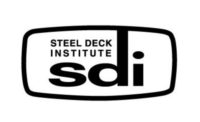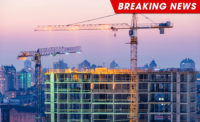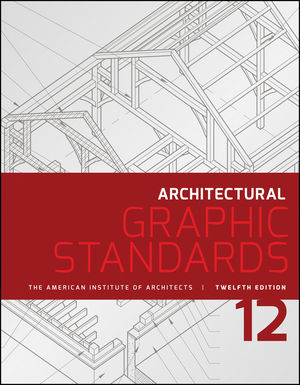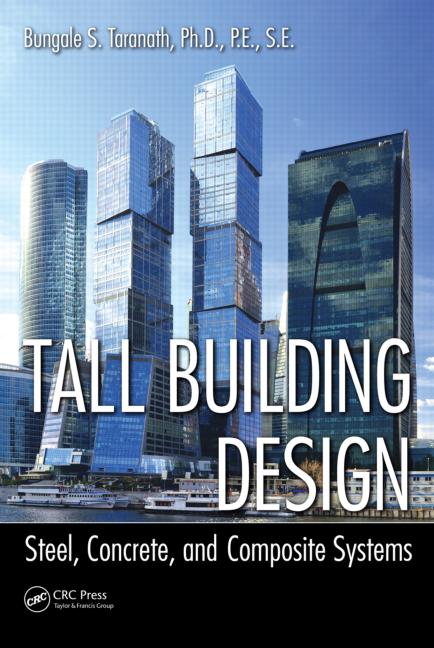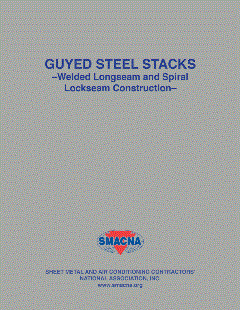Steel Deck Institute Updates Five Standards

The Steel Deck Institute (SDI) has updated five standards and has made them available for free download at www.sdi.org. The SDI standards are included by reference in the 2018 International Building Code. SDI’s suite of standards has been approved by the American National Standards Institute (ANSI) and is intended for use in the United States, Canada and Mexico.
The updated standards include:
- ANSI/SDI C-2017 ― Standard for Composite Steel Floor Deck – Slabs
- ANSI/SDI QA/QC-2017 ― Standard for Quality Control and Quality Assurance for Installation of Steel Deck
- ANSI/SDI T-CD-2017 ― Test Standard for Composite Steel Deck – Slabs
- ANSI/SDI RD-2017 ― Standard for Steel Roof Deck – Slabs
- ANSI/SDI NC-2017 ― Standard for Non-Composite Steel Floor Deck
“SDI’s updated suite of standards reflects recent research advancements and correlates with diaphragm design references in AISI S310-16, North American Standard for the Design of Profiled Steel Diaphragm Panels, 2016 Edition,” said Bob Paul, P.E., managing director of the Steel Deck Institute. He commented that AISI S310-16 is available for free download at www.aisistandards.org.
The updated SDI standards also include:
- Specific provisions to ANSI/SDI NC-2017 for situations where non-composite steel deck is used to carry all dead and live loads without a structural concrete slab. This commonly occurs when gypsum concrete or other non-structural fill is used as the floor surface.
- Harmonized construction loading requirements in the non-composite floor deck standard (ANSI/SDI NC-2017) with the composite floor deck C standard (ANSI/SDI C-2017).
- Revision of the permitted upper flexural strength limit for composite steel deck-slabs from the yield moment to the ultimate moment, reinstating the long-used ultimate strength model for composite steel deck-slabs.
- A change in the maximum deck support attachment spacing from 12" to 16" on center to reflect current practice.
- Editorial changes to clarify intent and improve usability of the standards without changing their requirements.
Looking for a reprint of this article?
From high-res PDFs to custom plaques, order your copy today!



